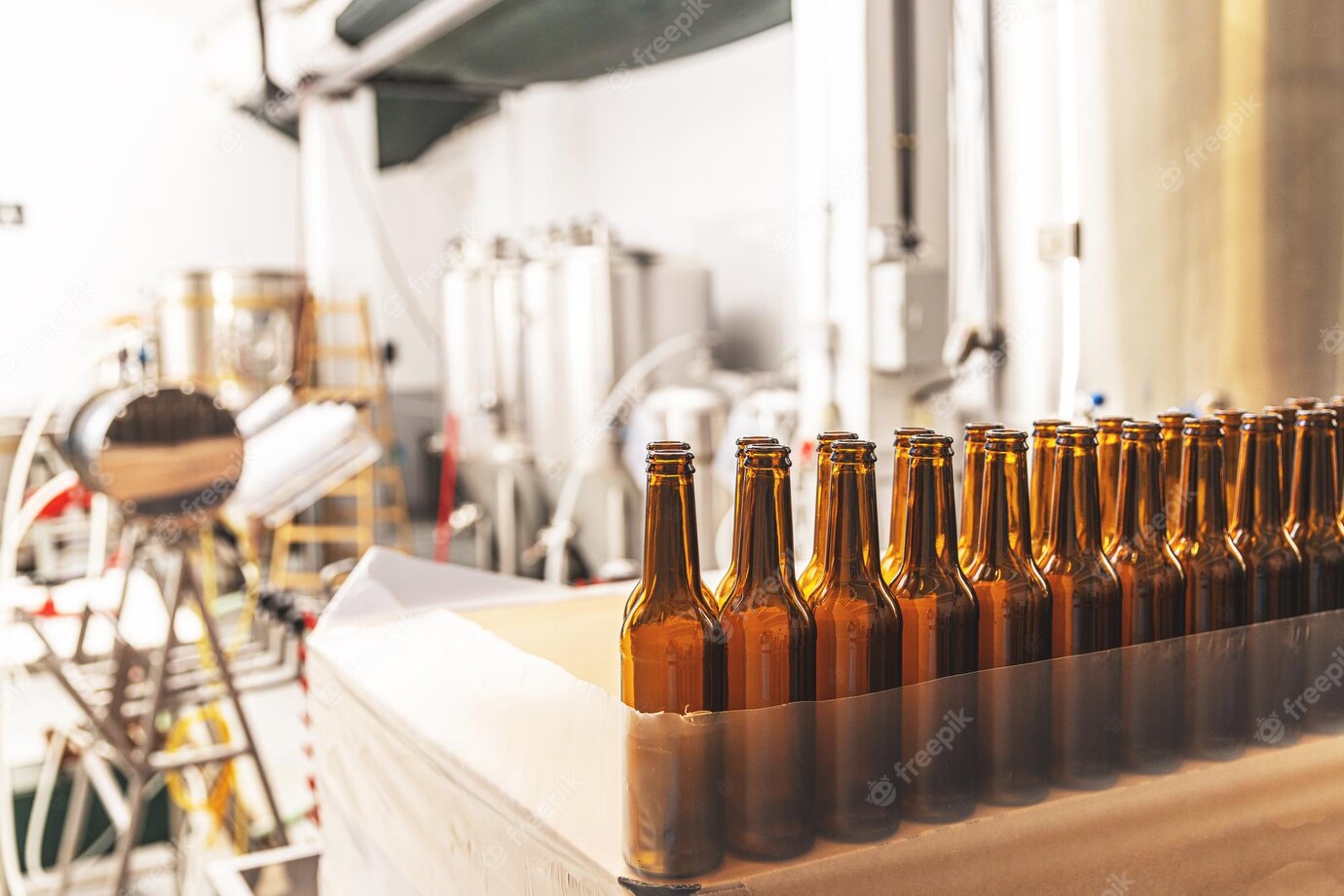Discover Tips and Tricks for Brewing Delicious Sour Beers!
Are you just getting into homebrewing, but want to challenge yourself with something more complex than your typical beer? Sour beers can be tricky, but with the right expertise, anyone can brew a delicious and unique sour beer. In this article, we will cover some tips and tricks for brewing the perfect sour beer so you can make something you can be proud of.
Brewing Sour Beers: Tips and Tricks
For many beer enthusiasts, there is no greater experience than enjoying a cold beer that has been brewed with care and love. Discovering a new beer, or a new brewing technique, can be a great source of excitement. For some brewers, one of those brewing techniques is brewing sour beers. Sour beers have a distinct, tart flavor that can be created through a variety of methods. Here are some tips and tricks for making great sour beers.
Choose Your Grains
The grain bill for a sour beer is key to creating the desired flavor. Different grain bills can create different levels of sourness, so it is important to choose grain types that will create the desired effect. For example, grains like wheat, barley, and oats will give a sour beer a more acidic flavor, while rye or spelt can add a more nuanced sour flavor. When selecting grains for a sour beer, consider what kind of tartness is desired and the strength of the beer.
Select Your Yeast
The type of yeast used in brewing a sour beer is very important. Different yeasts will produce different levels of sourness, so it is important to select the right yeast for the desired flavor profile. Common yeasts used in sour beers include Lactobacillus and Brettanomyces (Brett). Lactobacillus is a bacteria that produces lactic acid, which will give the beer a sharper, more tart flavor. Brettanomyces, on the other hand, produces more subtle flavors that add complexity to the beer.
Understand pH Levels
The pH level of a beer is an important factor in determining its flavor, and this is especially important when brewing sour beers. Generally, the lower the pH level, the more sour the beer will taste. Therefore, it is important to keep an eye on the pH levels during the brewing process in order to ensure that the desired level of sourness is achieved.
Choose the Right Hops
Many brewers think of hops as being used solely for bittering, but they can also add flavor to sour beers. When choosing hops, consider which flavors are desired. For example, hops with earthy flavors like Simcoe, Chinook, and Centennial can provide complexity and balance to a sour beer.
Understand Temperature Control
Temperature control is essential in brewing sour beers. Different yeasts prefer different temperatures, and different temperatures will produce different levels of sourness. Therefore, it is important to have good temperature control in order to ensure that the beer is fermenting at the desired temperature.
Know the Right Time for a Boil
When brewing a sour beer, the boil time should be shorter than normal. This is because boiling for too long will break down the acidity of the grains and reduce the beer’s sourness. The ideal boil time is 30-60 minutes, although some brewers find that a shorter boil is best for injecting more acidity into the wort.
Know the Right Time for a Mash
When mashing for sour beers, it is important to pay attention to the mash time. This is because a shorter mash time can result in more acidity and a more tart flavor, while a longer mash time will lead to a lower-acid beer. Most sour beer recipes call for a mash time of 60-90 minutes.
Know the Right Time for a Fermentation
In order to achieve the desired level of sourness in a beer, it is important to pay attention to the fermentation time. Generally, the longer a beer ferments, the more sour it will become. Different yeasts will produce different levels of sourness, so it is important to select the right yeast for the desired effect.
Know When to Bottle or Keg
The bottling or kegging timing of a bottle is also important when brewing a sour beer. Bottling or kegging too soon may not allow the beer to reach its full potential, while waiting too long may cause the beer to become overly sour. Generally, it is best to wait until the desired level of tartness is achieved before bottling or kegging the beer.
Know When to Add Fruit or Spices
Adding fruit or spices to a sour beer can add complexity and flavor to the brew. However, it is important to know when to add these ingredients. For example, adding fruits or spices too early in the brewing process can lead to bacterial growth, so it is best to wait until the fermentation process is complete before adding them.

